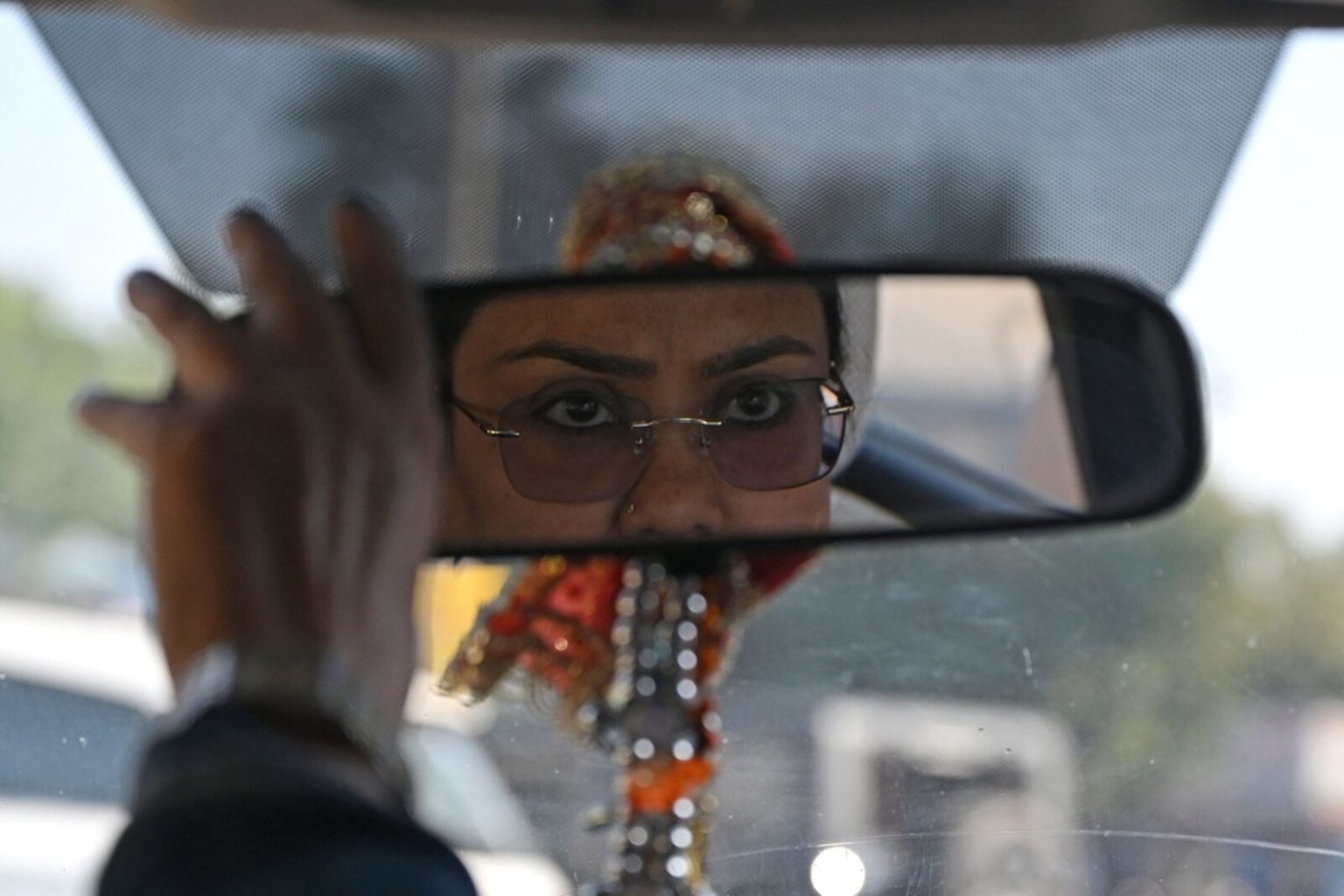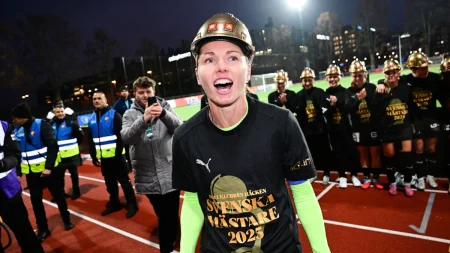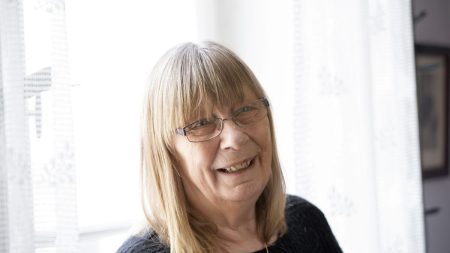India’s ”wedding detective” industry, a unique and often controversial profession, is facing turbulent times. These private investigators, specializing in pre-matrimonial background checks, once thrived in a culture emphasizing arranged marriages and family reputation. Their investigations delved into a prospective spouse’s financial stability, social status, family history, and even past relationships. This information, often gathered through discreet inquiries, surveillance, and interviews within social circles, was considered crucial for families seeking a suitable match for their children. The detectives provided a sense of security and control in a process fraught with uncertainty, helping families navigate the complexities of arranged marriages and mitigate potential risks. However, changing societal dynamics, evolving perceptions of privacy, and the increasing popularity of online dating apps are challenging the traditional role and relevance of these investigators.
The rise of online dating platforms and social media has significantly disrupted the matchmaking landscape in India. These digital platforms offer individuals greater autonomy in choosing their partners and provide readily available (though often unreliable) information about potential matches. Young Indians are increasingly embracing love marriages and online dating, bypassing the traditional routes of arranged marriages and family-mediated introductions. This shift reduces the reliance on wedding detectives as individuals can connect directly with prospective partners and build relationships based on personal interaction rather than relying on third-party investigations. Furthermore, the abundance of information available online, although often superficial or misleading, creates an illusion of transparency, diminishing the perceived need for professional background checks.
The changing social landscape in India also contributes to the decline in demand for wedding detectives. Greater emphasis on individual choice and freedom in marriage decisions has weakened the traditional authority of families in matchmaking. The younger generation, exposed to globalized perspectives, is less receptive to the intrusive nature of background checks conducted by these investigators. Concerns about privacy and data security are also growing, further eroding the social acceptance of such practices. As societal norms shift towards greater individual autonomy and data protection, the methods employed by wedding detectives, some of which may be ethically questionable, are facing increased scrutiny and criticism.
Moreover, the legal and regulatory environment surrounding private investigations in India remains ambiguous and lacks clear guidelines. This ambiguity creates challenges for both clients and investigators, raising concerns about the legality and ethical implications of certain investigative practices. The lack of a standardized regulatory framework allows for varying levels of professionalism and ethical conduct within the industry, leading to potential misuse of information and invasion of privacy. Calls for greater regulation and oversight of the private investigation sector are gaining momentum, adding another layer of complexity to the already challenging operating environment for wedding detectives.
Furthermore, the COVID-19 pandemic exacerbated the challenges facing the industry. Lockdowns and social distancing restrictions hampered the ability of detectives to conduct in-person investigations and gather information through traditional methods. The pandemic also impacted the wedding industry as a whole, leading to postponement or cancellation of numerous weddings, which indirectly reduced the demand for pre-matrimonial background checks. The economic downturn caused by the pandemic also affected people’s spending priorities, with discretionary expenses like hiring private investigators taking a back seat.
In conclusion, the ”wedding detective” industry in India finds itself at a crossroads. The evolving social landscape, rising popularity of online dating, increased awareness of privacy rights, and a lack of regulatory clarity are converging to create a challenging environment for these traditional investigators. While some may adapt by leveraging technology and focusing on niche services like verifying online profiles or investigating potential fraud, the future of the profession remains uncertain. The traditional role of the wedding detective in facilitating arranged marriages is gradually diminishing as India navigates a period of social and technological transformation, reshaping the dynamics of courtship and marriage. Whether this unique profession can adapt and survive in this changing landscape remains to be seen. The changing times are forcing these investigators to reconsider their methods, their role, and their future in a rapidly evolving society.














